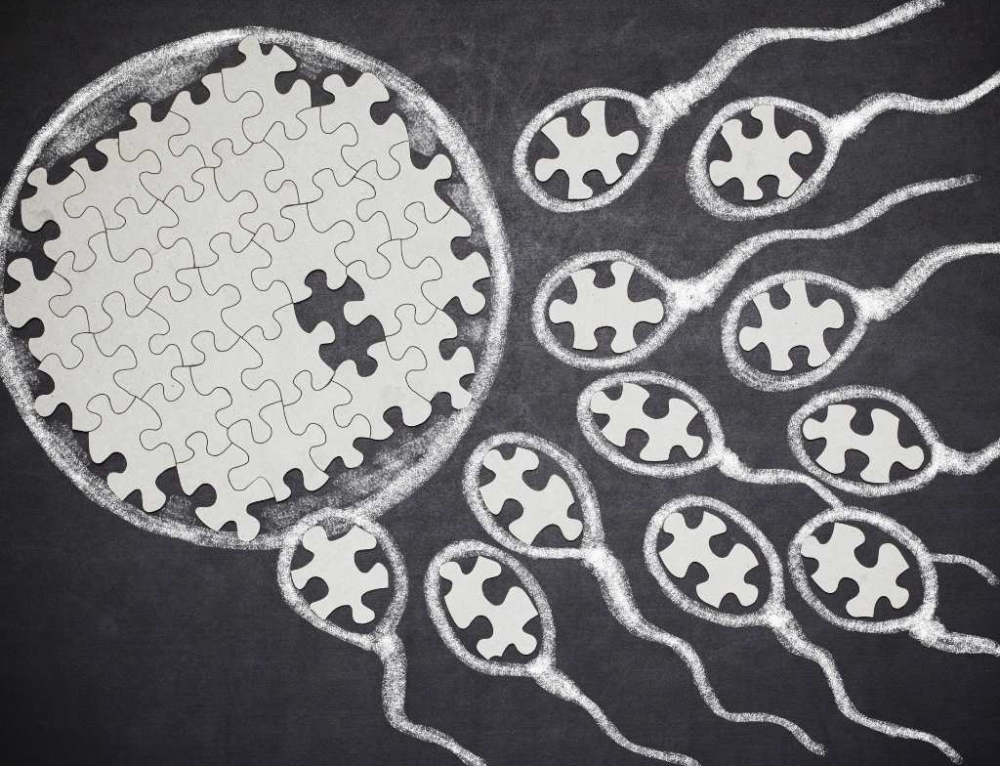Once the emotion of the positive pregnancy test has passed and you’re in the long haul of pregnancy, there are several ways you can help your pregnant partner as they do the hard work of growing your special new whānau member.
Discover some of the key challenges and events that typically occur on the pregnancy journey and how you can support your partner.
Shoulder the load
Especially if your partner is working or caring for other children full-time, they will likely be tired and need a helping hand with their usual tasks.
It’s a great idea to agree upfront on what you will take over so that your partner can confidently leave those jobs for you. This saves them from having to ask you to do jobs and removes some of that mental burden.
Jobs that your partner will likely be most happy for you to take over include grocery shopping and meal preparation, housework, and ferrying older children around. If you’re not a confident cook, consider getting a food meal kit subscription. Doing some meal planning and online shopping can also make things easier. If it’s an option, a cleaner, gardener or someone to regularly mow the lawns can help take the pressure off both of you.
As the pregnancy progresses be prepared to change up your role – if nausea has passed your partner might be happy doing food preparation but vacuuming, changing sheets, and doing the washing might become more difficult for them.
Support their physical health

If your partner drinks or smokes, encourage them to stop for the health of your growing baby. If you smoke or drink, now is a great time for you to stop your consumption too! As mentioned above, helping to plan and prepare balanced meals is a fantastic way to reduce your partner’s workload, but it will also help to keep them healthy.
Try to anticipate what your partner needs – a foot massage or a cold bucket of water for swollen feet would be so appreciated as would their favourite ice block or drink if they’re feeling nauseous. Encourage your partner to rest, and to get some regular, gentle exercise.
Talk and listen
Pregnancy and parenthood will change your relationship with your partner – the arrival of a wee baby fully dependent on you both for their survival cannot help but change things, especially if this is your first baby together. Hope, fear, anticipation, excitement, and worry are all emotions you both might feel along the way so sharing these will help build your relationship and create great communication habits for the parenthood phase.
It is most likely that there will be changes in your sex life. Your partner may be feeling differently about sex while pregnant and after the birth (notwithstanding the 6-week recommended healing period) so good communication is key as you work through this together.
Now is also a great time to discuss a birth plan.
Learn, and be involved
There are a lot of learning opportunities and appointments during pregnancy and the more you know, the more supportive and confident you will be. Take some time to find out about pregnancy (just like you are doing now!), some of the common terminology, and what to expect.
If you can, attend appointments together with your Lead Maternity Caregiver (LMC) and other health providers, as well as ante-natal classes.
Find out what food is safe for your partner to eat during pregnancy so you can confidently prepare meals and snacks.
Help with the birth and post-birth plan
If your partner is having a birth plan, make sure you know what’s on there so you can be the best advocate for them. Make sure you know the best route and parking options from home to where the birth is going to take place, and if it’s likely you will be transferring from the birthing location to another facility immediately after the birth, make sure you know the best route and parking options for there too.
Part of your planning should also include working out how to put a baby correctly in the car seat, as well as getting the car seat in and out of the car. Most manufacturers have online videos while many retailers have car seat technicians who can also take you through the process.
Make sure your parental leave is all booked too.
Don’t stop
Once baby arrives and your partner is the main feeder and carer, hang in there with the jobs you have been doing. A new baby can be super time consuming and exhausting for you both, but especially if you have just given birth. Over time, roles and responsibilities will evolve but for now, your partner will appreciate knowing what jobs will be taken care of.
 Written by Robyn
Written by Robyn
Robyn creates content on Kidspot NZ. Her hobbies include buying cleaning products and wondering why things don’t then clean themselves, eating cheese scones with her friends, and taking her kids to appointments.
Favourite motto to live by: “This too will pass.”







Leave A Comment
You must be logged in to post a comment.